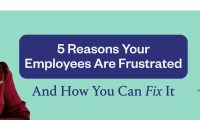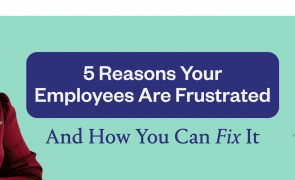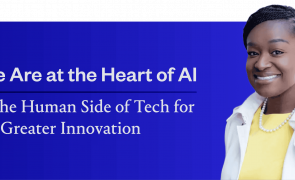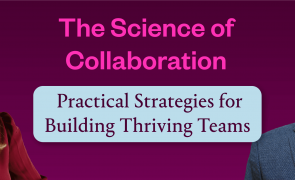Journalist and author Andrew Marantz spent four years with the internet’s most “dodgy characters”—trolls, conspiracy theorists, alt-right bloggers and the like—and his new book Antisocial exposes the underbelly of social media. In an interview with Fast Company, Marantz explores the dangers of both disinformation and deplatforming, and the relationship between the gatekeepers and gatecrashers of social media.
“I don’t think social media is like tobacco in the sense that it has no social value, but I think that it doesn’t have 100% pro-social value. It also has antisocial components to it.”
— Andrew Marantz in Fast Company
The effects of the increasingly toxic—and increasingly powerful—world of social media platforms like Youtube and Twitter are rippling into the real world more and more. But do the people spreading false information, alt-right propaganda and hateful memes really believe the bile they’re spewing? Marantz thinks there’s a spectrum. “Some people don’t believe anything and they’re just nihilists or opportunists or just trying to make a buck or trying to get some attention…I think other people are true, dedicated ideologues,” he tells Fast Company. “They feel like Keanu Reeves in The Matrix, and they feel like the scales have fallen from their eyes and that the truth has been revealed to them. That’s a really powerful feeling. Even when you are feeling it erroneously, it can still motivate you really strongly, so strongly that you mess up your whole life because of it.”
The reality of our 24-hour news cycle and the fact that anyone can say whatever they want online without being subjected to fact-checks or even consequences for lying is leading to essentially weaponized confusion. “A lot of times when people are sowing misinformation, their goal is not to get everyone to believe every piece of misinformation but rather to create muddle and confusion and exhaustion so that nobody believes anything, Marantz explains.
It’s only been out for a day, but already Antisocial is making an impact. Aside from Fast Company Marantz has also been featured in the New York Times. Marantz, a staff writer for the New Yorker has also written for Harper’s and Mother Jones, and been interviewed on CNN, MSNBC, and NPR.
To book speaker Andrew Marantz, contact his exclusive speakers bureau, The Lavin Agency.













